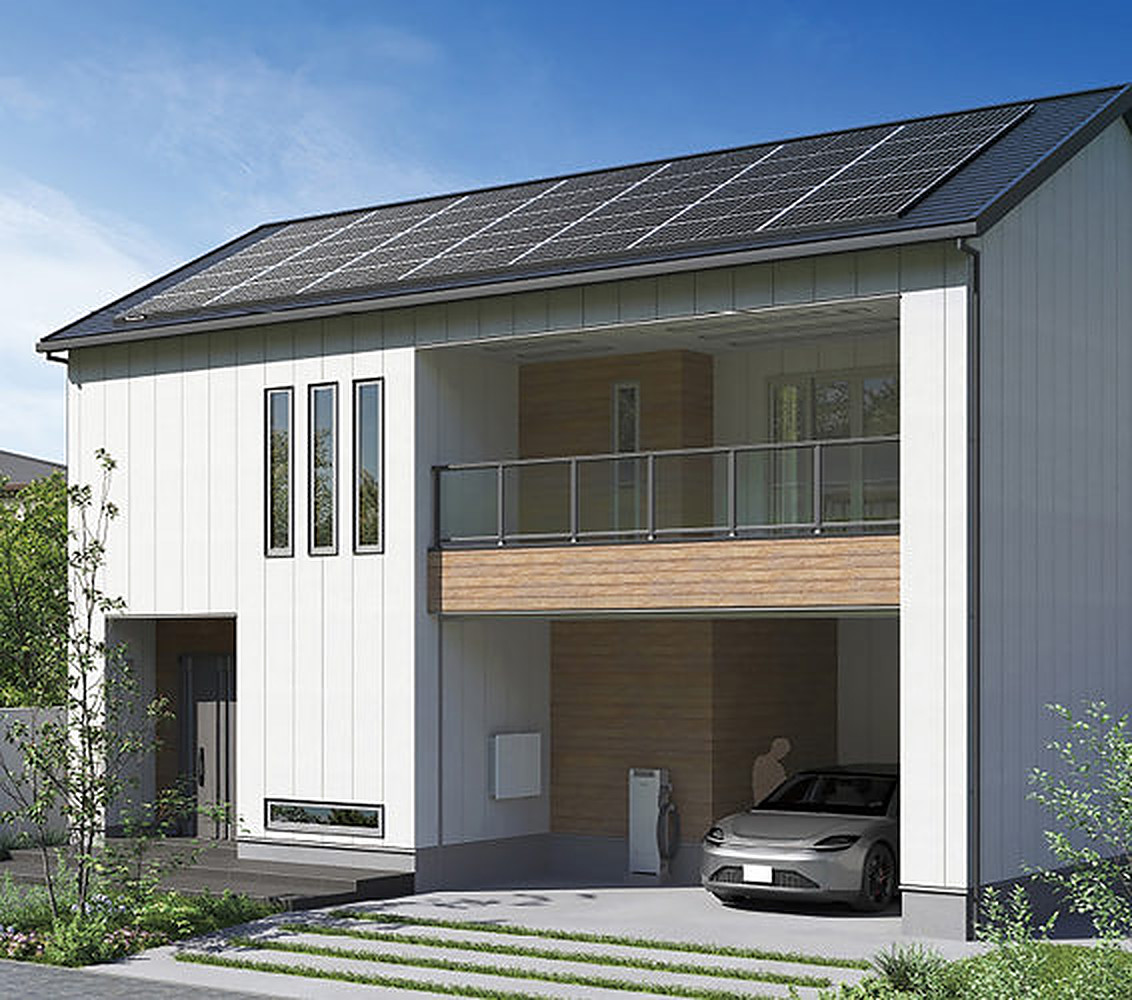From pv magazine Global
Panasonic Electric Works, a unit of Japanese electronics giant Panasonic, has developed a vehicle-to-home system (V2H) that facilitates two-way flows between solar-powered homes and electric vehicles.
The company said it will start selling its Eneplat system in Japan from February.
“In addition, from next summer we will also sell an upgraded version of our AiSEG2 management system that links various home appliances and equipment with Eneplat,” it said.
The company said its new V2H system is the first in the industry to handle the simultaneous charging and discharging of electric vehicles and batteries. The AiSEG2 system can reportedly forecast surplus power based on daily power consumption and automatically control the charging and discharging of batteries..
It has a rated output of 6 kW and can be charged with a maximum PV power output of 9 kW. The standard lithium-ion battery has a storage capacity of 6.7 kWh.
“The V2H system has a compact size and can be installed on a floor space smaller than that of one air conditioner outdoor unit,” Panasonic explained, adding it measures 1,250 mm x 420 mm x 210 mm and weighs 60 kg. “It is easy to install, even in a limited space in a parking lot.”
It said the system can increase the self-consumption rate of homes with rooftop PV and storage from about 50% to approximately 90%. It will sell for JPY 1.76 million ($19,210).
The company also said that in February, it will reveal which electric car models will be compatible with the new V2G system.
This content is protected by copyright and may not be reused. If you want to cooperate with us and would like to reuse some of our content, please contact: editors@pv-magazine.com.









By submitting this form you agree to pv magazine using your data for the purposes of publishing your comment.
Your personal data will only be disclosed or otherwise transmitted to third parties for the purposes of spam filtering or if this is necessary for technical maintenance of the website. Any other transfer to third parties will not take place unless this is justified on the basis of applicable data protection regulations or if pv magazine is legally obliged to do so.
You may revoke this consent at any time with effect for the future, in which case your personal data will be deleted immediately. Otherwise, your data will be deleted if pv magazine has processed your request or the purpose of data storage is fulfilled.
Further information on data privacy can be found in our Data Protection Policy.